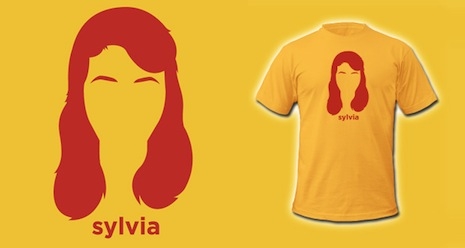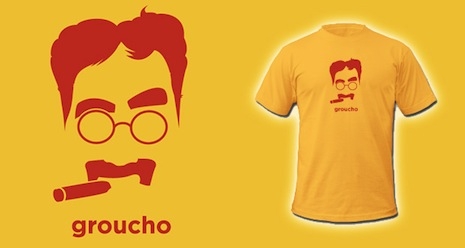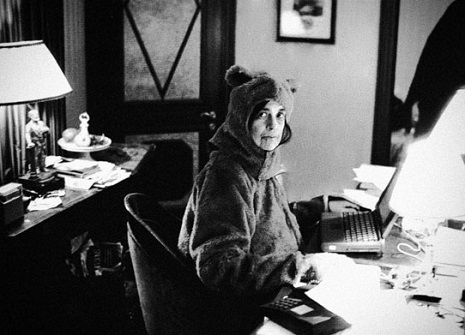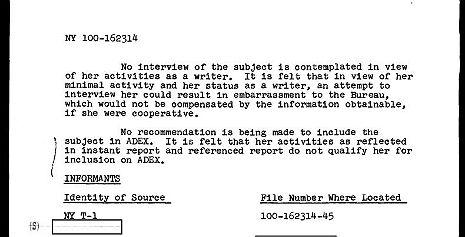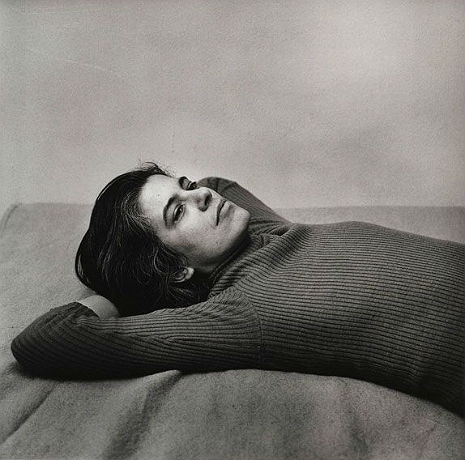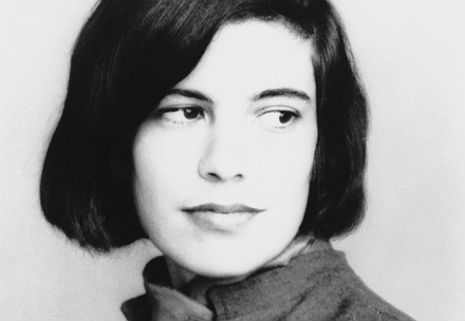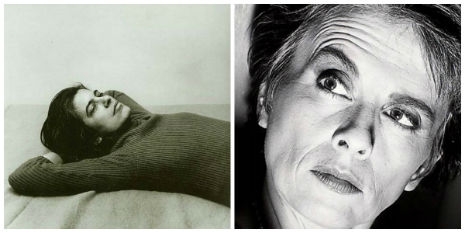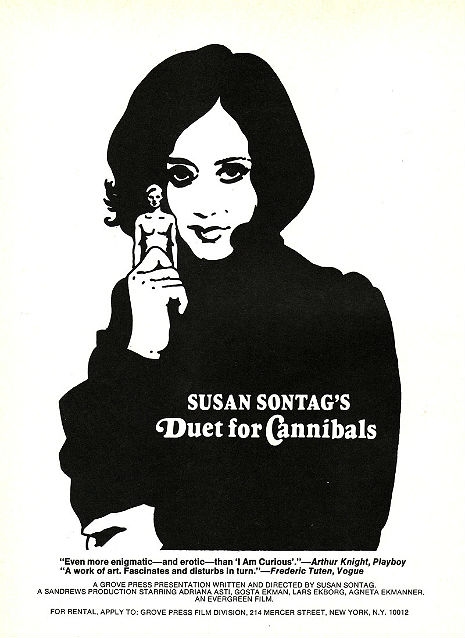
In 1969, the American writer and intellectual Susan Sontag (born on this day in 1933) made her first film Duet for Cannibals AKA Duett för kannibaler in Sweden. Like Godard and Truffaut before her, when Sontag moved from serious critique to the arthouse, she stayed quite true to her own ideas about cinema.
In her seminal 1966 essay, “Against Interpretation,” Sontag wrote:
The most celebrated and influential modern doctrines, those of Marx and Freud, actually amount to elaborate systems of hermeneutics, aggressive and impious theories of interpretation. All observable phenomena are bracketed, in Freud’s phrase, as manifest content. This manifest content must be probed and pushed aside to find the true meaning - the latent content - beneath. For Marx, social events like revolutions and wars; for Freud, the events of individual lives (like neurotic symptoms and slips of the tongue) as well as texts (like a dream or a work of art) - all are treated as occasions for interpretation. According to Marx and Freud, these events only seem to be intelligible. Actually, they have no meaning without interpretation. To understand is to interpret. And to interpret is to restate the phenomenon, in effect to find an equivalent for it.
In her writing, Susan Sontag sought to liberate art from interpretation (which is a bit ironic, of course, from someone who was essentially an exalted critic). When it came to her own film, she made something that intended to deliberately confound the notion that there was any sort of underlying meaning beyond exactly what the audience was seeing on the screen directly in front of them.
More from “Against Interpretation”:
Again, Ingmar Bergman may have meant the tank rumbling down the empty night street in The Silence as a phallic symbol. But if he did, it was a foolish thought. (“Never trust the teller, trust the tale,” said Lawrence.) Taken as a brute object, as an immediate sensory equivalent for the mysterious abrupt armored happenings going on inside the hotel, that sequence with the tank is the most striking moment in the film. Those who reach for a Freudian interpretation of the tank are only expressing their lack of response to what is there on the screen.
Sometimes a cigar is just a cigar, in other words.
Sontag’s definition of “interpretation,” then—what she’s agin’—is selectively taking only certain elements from a work of art and then using them for the purpose of “translating” the work in a particular context (Marxist, Freudian), as opposed to simply accepting it. What you see is what you get and stop looking for the subtext or allegory in everything. Art should be sensuous and just wash over you is how, I, er… guess I would interpret it.
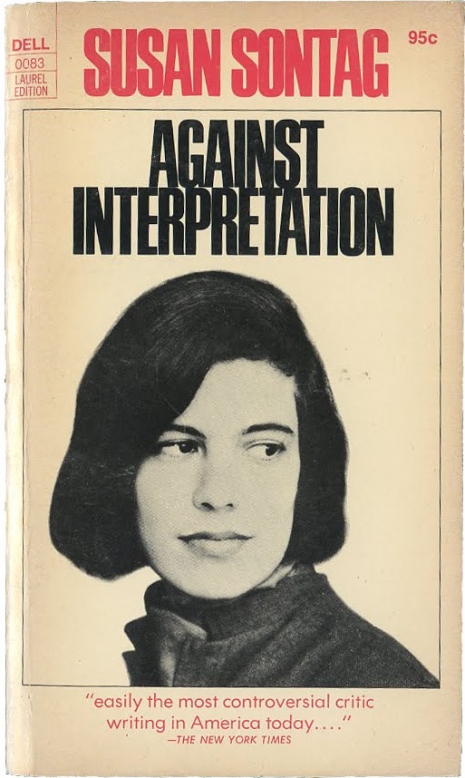
Vincent Canby wrote something along these same lines in a 1969 New York Times article about the films on offer at The New York Film Festival that year:
“The key to the enjoyment of the film…can be found in Miss Sontag’s essays. It’s not because the film recalls either Godard or Bresson, about whom Miss Sontag has written with extraordinary insight. Rather it’s because the film adamantly refuses interpretation on any level but he surface one. It simply is what it is, a self-contained comedy of set pieces, some of which sort of remind you of events (political and psychological) outside the film without ever actually representing those events.”
More after the jump…








